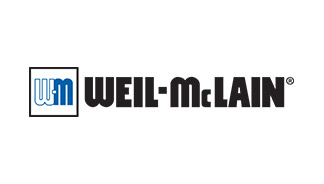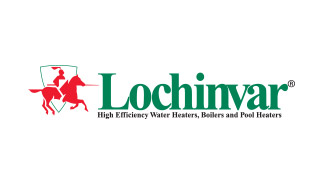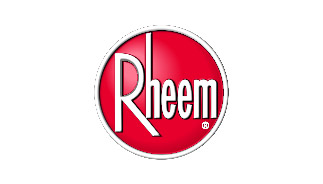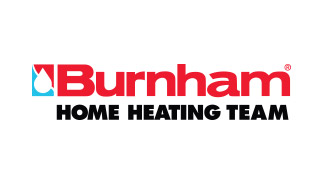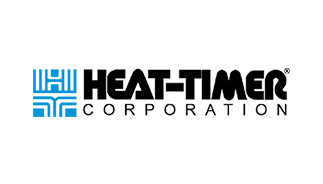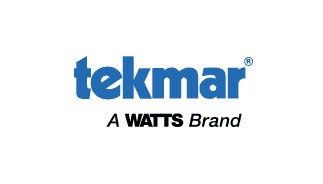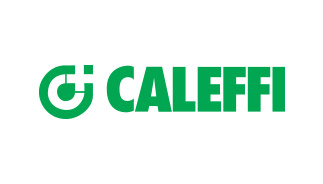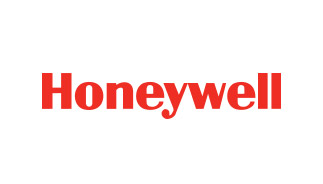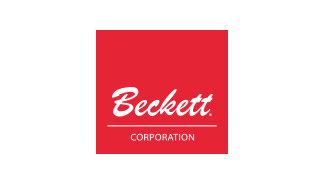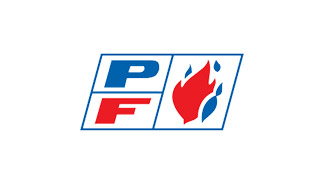Published on
July 24th, 2023Boiler Efficiency: 7 Signs Your Commercial Boiler Is Wasting Energy and Money
Modern boilers are more efficient than those from even a decade ago. That said, property owners can retrofit existing systems to improve annual fuel utilization efficiency. Still, a retrofitted boiler can only improve boiler efficiency so much.
As boilers age, they begin wasting energy and money. At some point, replacing the system is better than investing in minor upgrades, especially in zero-emissions-focused NYC. Discover the warning signs of poor boiler performance in your building.
7 Warning Signs of Poor Boiler Efficiency
1. Age
The average lifespan of a commercial boiler is around 15 years. Property owners can push the life expectancy of their systems with regular maintenance, repairs, and inspections, but at some point, these efforts offer diminishing returns.
AFUE is the standard industry rating for boiler efficiency; it accounts for how much heat a boiler provides versus how much fuel it consumes. The ratio determines an efficiency rating.
The older a boiler is, the lower its efficiency score because of design and wear and tear. Newer boilers incorporate modern technology and designs. A new gas furnace typically has a 95% AFUE rating, and new oil-based models have 85%.
On average, boiler efficiency drops every year. Several factors can affect how well boilers age, including proper maintenance, operation hours, sizing, and feedwater treatment. Still, age is a primary determiner of efficiency, especially with shifting standards and local regulations.
2. Energy Efficiency Rating
Age is not the only factor in determining efficiency in commercial boilers; the system’s design also plays a significant role in AFUE ratings. For example, low-efficiency systems depend on a continuous pilot light and a natural draft. The systems range from 56% to 70% AFUE, making them costly to operate.
Mid-efficiency systems use electronic ignition, eliminating the pilot light. They also use exhaust fans to control combustion processes and are smaller to limit cycling losses. The systems can achieve an 80% to 83% AFUE.
Finally, modern high-efficiency models use sealed combustion processes and possess a secondary heat exchanger for condensing flue gases. As NYC continues toward zero-emissions standards, building owners should consider upgrading to high-efficiency boilers that produce a 90% to 98.5% AFUE.
An all-electric system produces the greatest boiler efficiency, even achieving 100% AFUE, because it has no flue loss through a chimney. Building owners looking to the future and recognizing NYC’s push toward electrifying buildings should consider converting existing fossil fuel systems to electric.
3. Flame Color and Carbon Monoxide
A boiler’s pilot light or flame is blue. If the color of the flame changes, it indicates a change in gas emissions, typically an increase in the presence of carbon monoxide, which turns the flame yellow.
Carbon monoxide is an invisible killer; it is odorless, colorless, and poisonous. The incomplete burning of oil, propane, kerosene, or natural gas produces CO and is responsible for the unintentional poisoning and death of about 170 people in the US annually.
Because pilot lights are not the most apparent warnings of CO emissions, nor is current boiler efficiency, building owners and staff should recognize early symptoms of CO poisoning: nausea, fatigue, dizziness, headaches, and shortness of breath. Symptoms become progressively worse with prolonged exposure or significant leaks. High-level CO poisoning can cause:
- – Vomiting
- – Loss of muscular coordination
- – Mental confusion
- – Loss of consciousness
- – Death
Carbon monoxide detectors and alarms should meet current UL safety standards. Property owners should ensure the installation of the devices meets existing NYC building and safety codes.
4. Failure To Start, Longer Heating Time, or Uneven Heating
Most boilers, especially newer systems, have built-in shutoff features to prevent pressure buildups and other dangerous issues. If a building’s boiler fails to start or cycle on, it is a sign of efficiency issues, likely a blocked air supply or clogged filter.
Other boiler efficiency issues include longer heating times, uneven heating, or inadequate output. Each problem can relate to dirty filters or debris in the system. Routine cleaning can improve performance.
Inadequate output can indicate a need for cleaning and necessary repairs. Scale deposits or hidden leaks can disrupt performance and require professional inspection and repair.
5. Strange Noises and Odor
While boilers typically produce noises and odors, specific sounds and smells indicate efficiency issues and more significant concerns. Popping noises can indicate sediment or iron deposits in the hot water tank, and whining or buzzing from the pumps is a good sign they need service.
A potent metallic smell indicates a fuel leak, presenting a fire hazard and severe environmental pollution. The odor can also suggest a carbon monoxide leak. If the scent is more like a sulfur aroma, it might indicate a need to replace the anode.
Strange noises and odors are preventable with regular maintenance and inspections. Routine system checks and repairs also ensure optimum boiler efficiency and prolong the life of the system and its parts.
6. Water Leaks or Humidity Issues
Water leaks or humidity issues also point to the boiler wasting energy and costing property owners money. Steam and water leaks can occur on the interior or exterior of the system, and they can cause severe damage, including rust.
Unfortunately, interior leaks are hard to detect without a professional inspection. A boiler may be subject to pressure fluctuations, overheating, and higher fuel consumption until rust or some other outward sign appears.
7. Rising Utility Costs
Rising fuel or utility costs are the most apparent sign of an efficiency problem. If a building operates at a stable or predictable temperature and demand, the operational costs should also reflect that stability.
If heating and cooling costs suddenly increase, it indicates abnormal operations, possibly stemming from a fuel or gas leak. The system requires an urgent inspection to rule out dangerous issues and resolve efficiency concerns.
Improved Boiler Efficiency Is Only a Phone Call Away
Contact Calray Boilers
To maintain boiler efficiency, a property owner must keep up with professional inspections and maintenance schedules. Contact Calray Boilers at 212-722-5506 to discuss annual service plans or schedule a boiler inspection. Also, talk to a representative about retrofitting older systems or upgrading to more efficient models.
